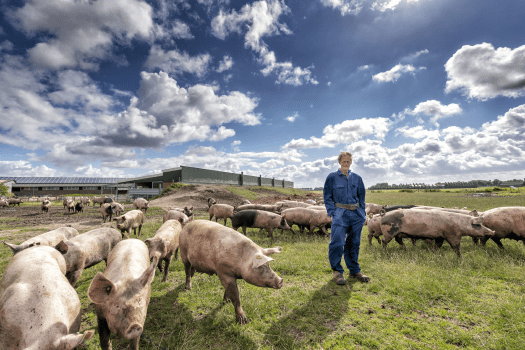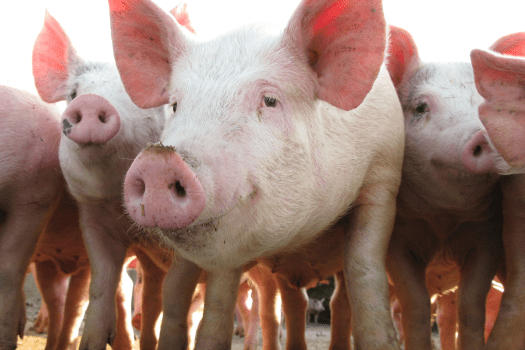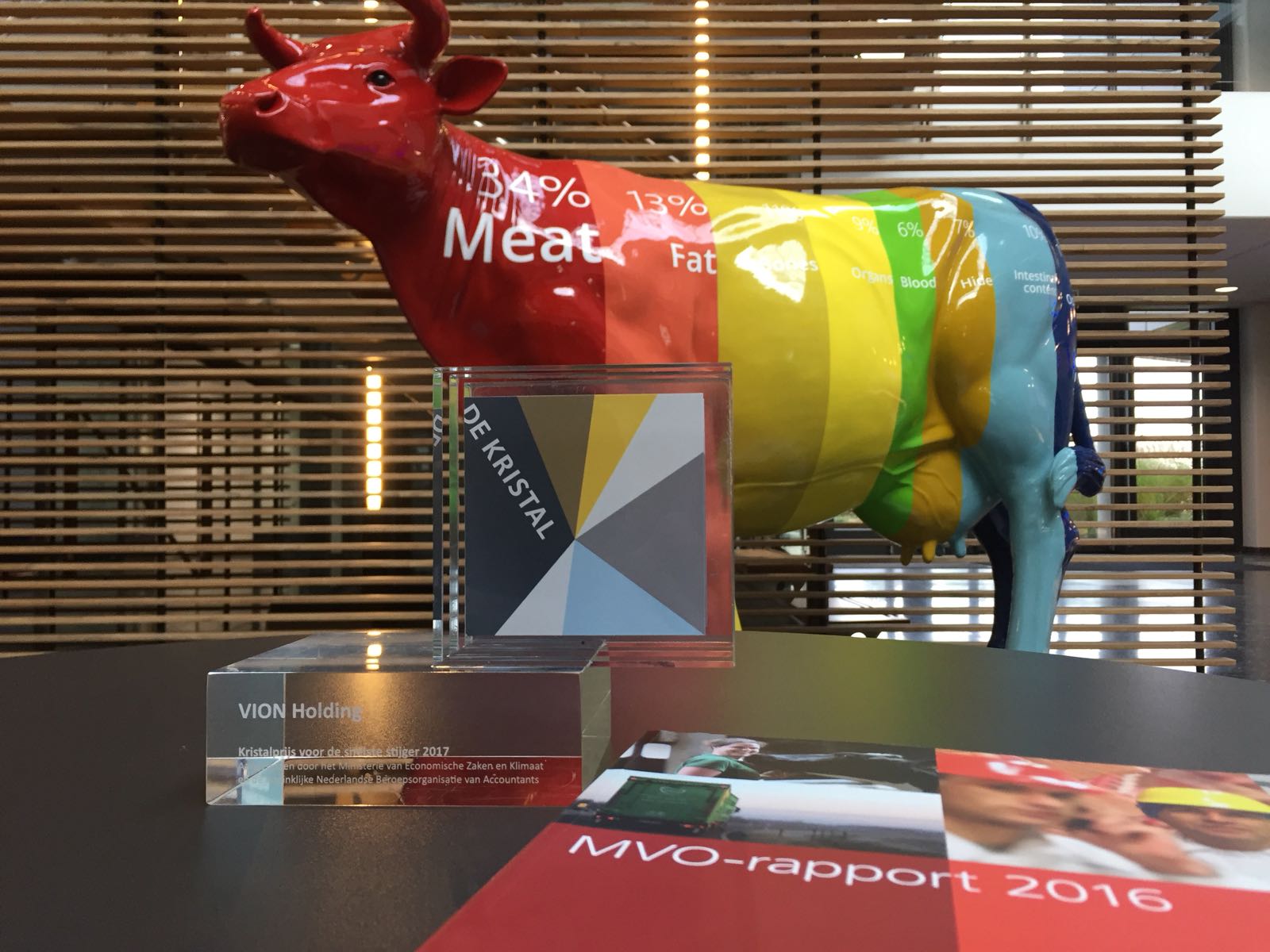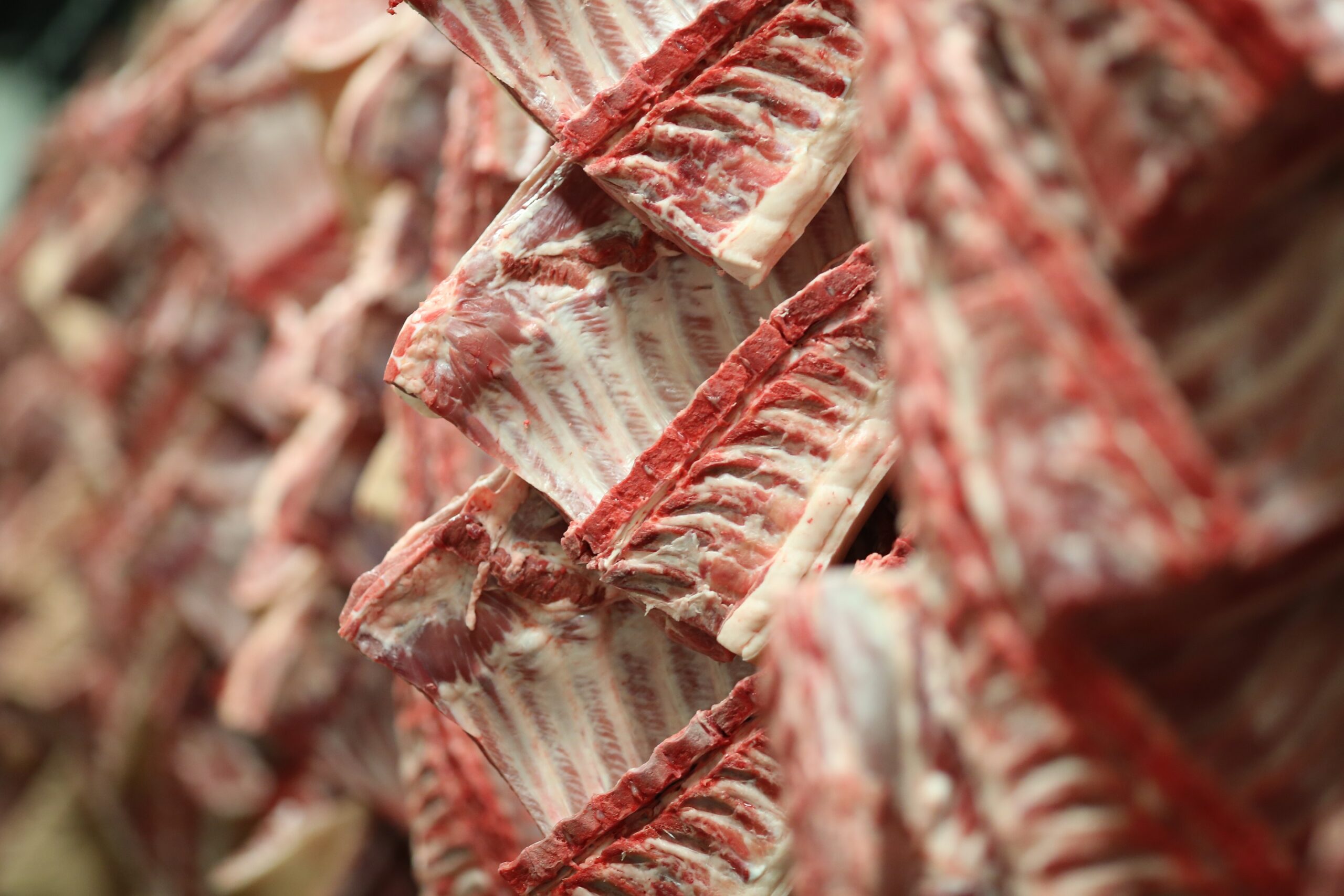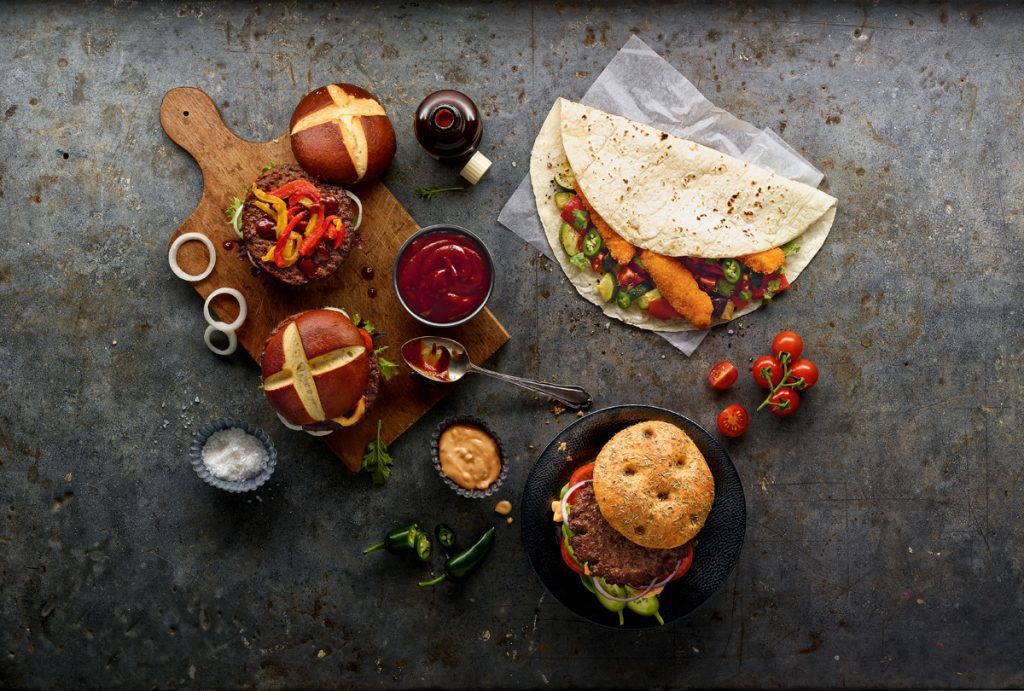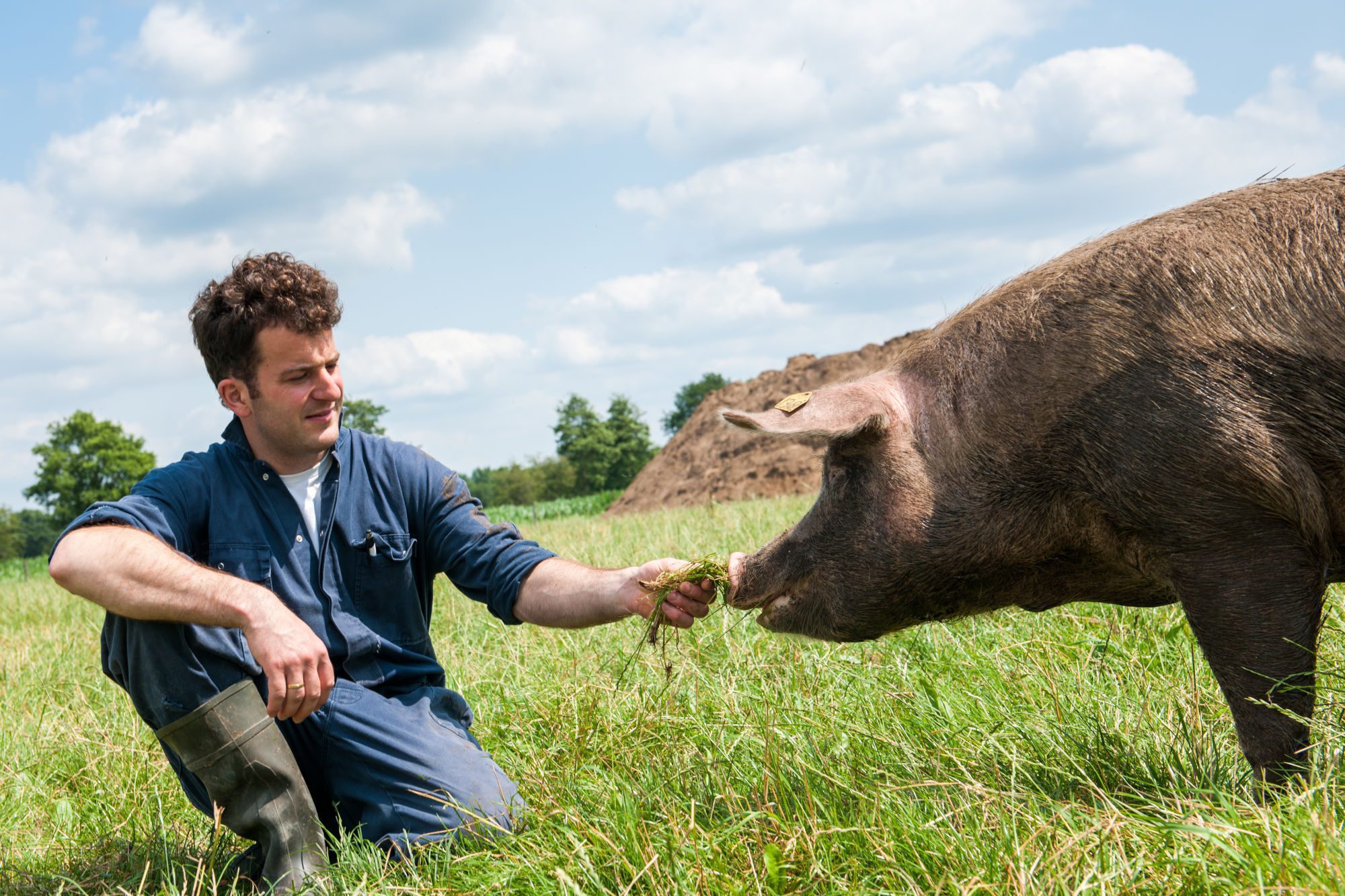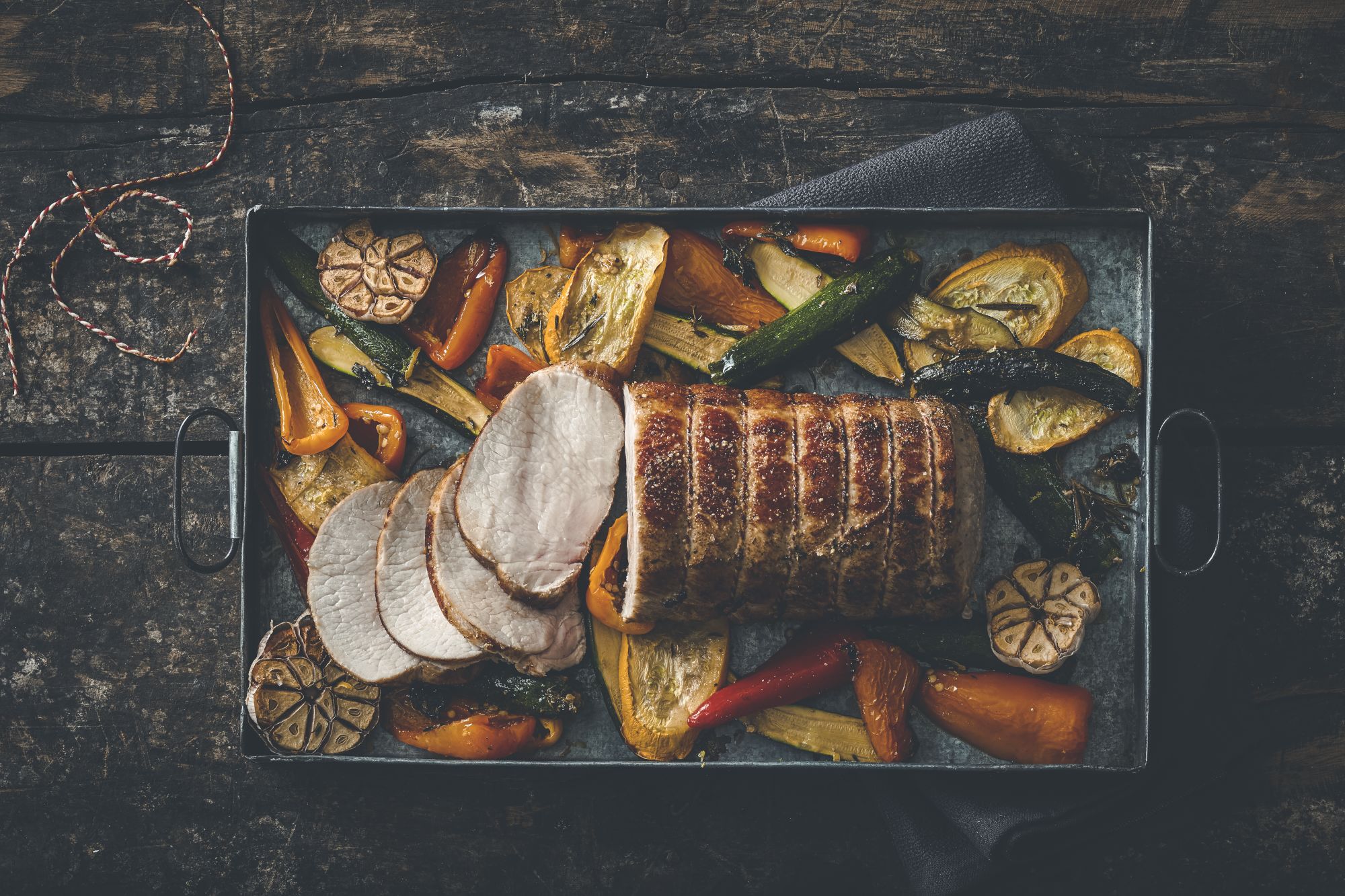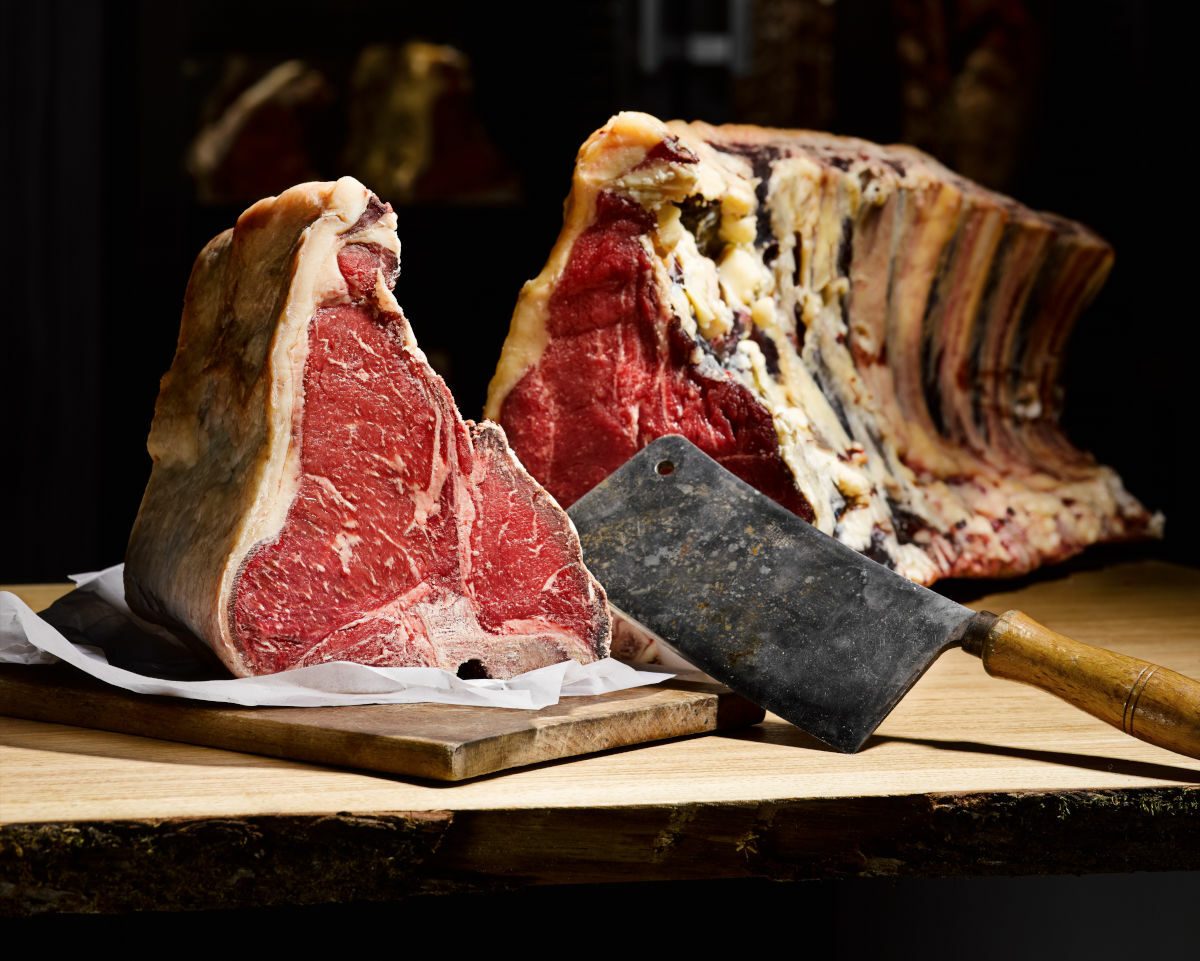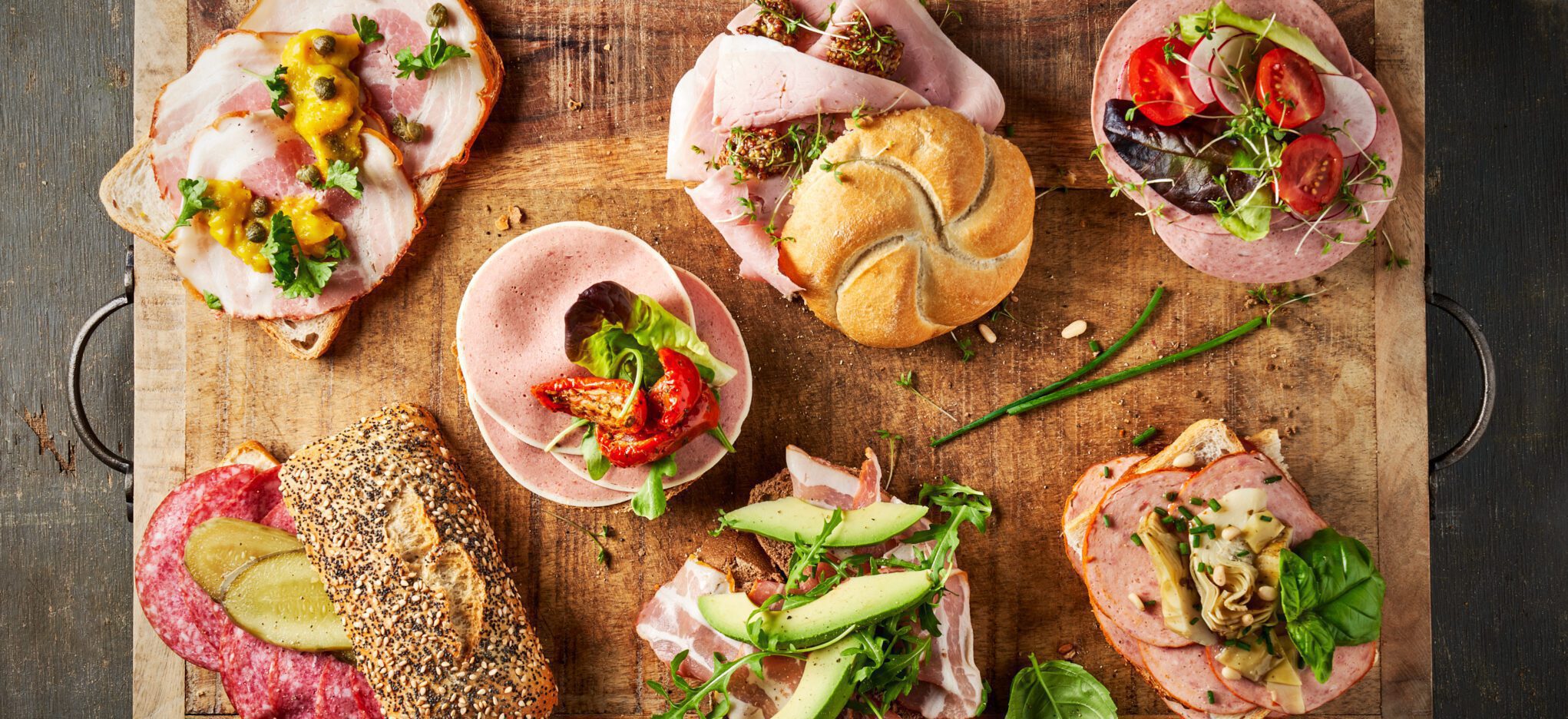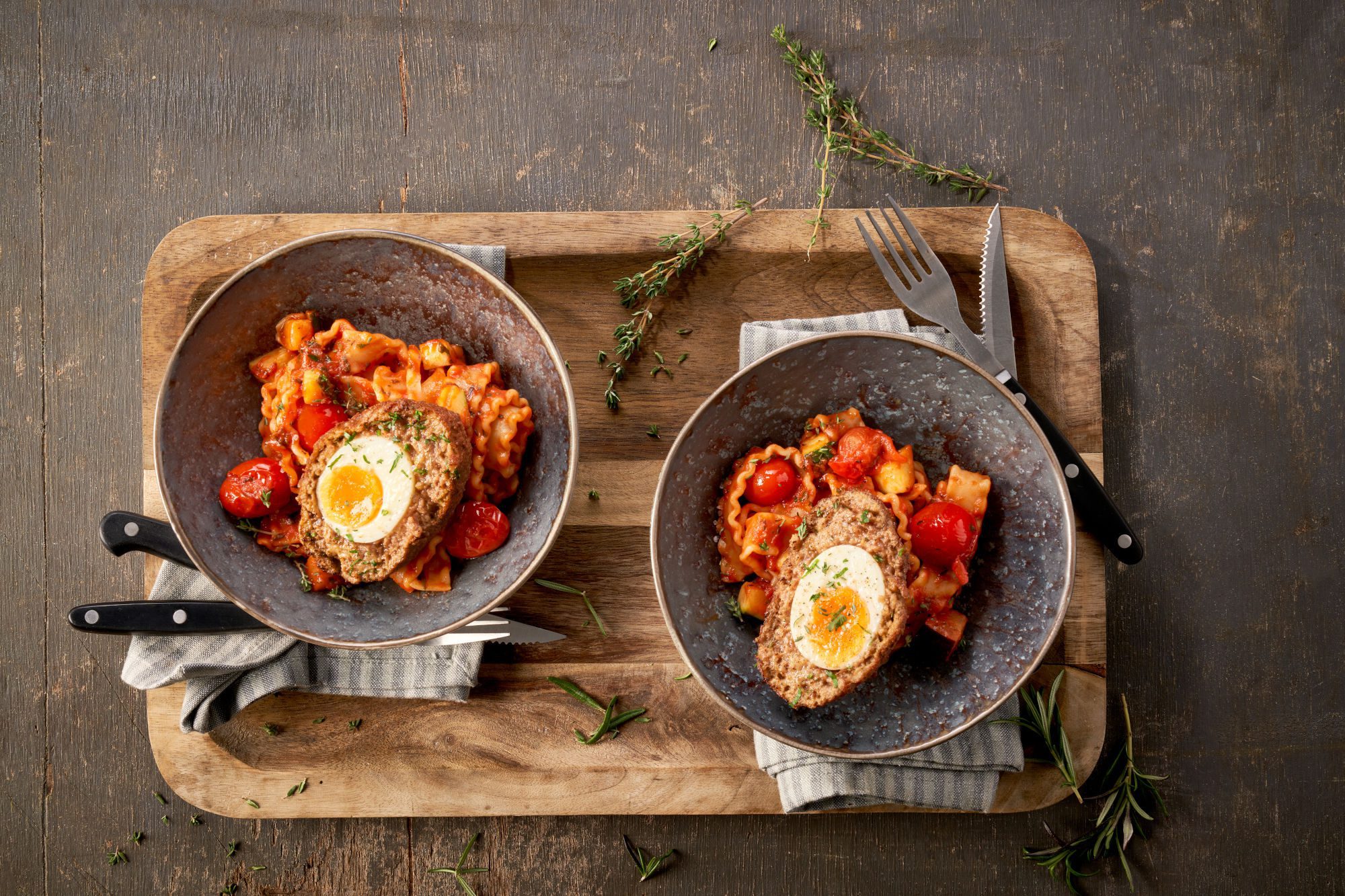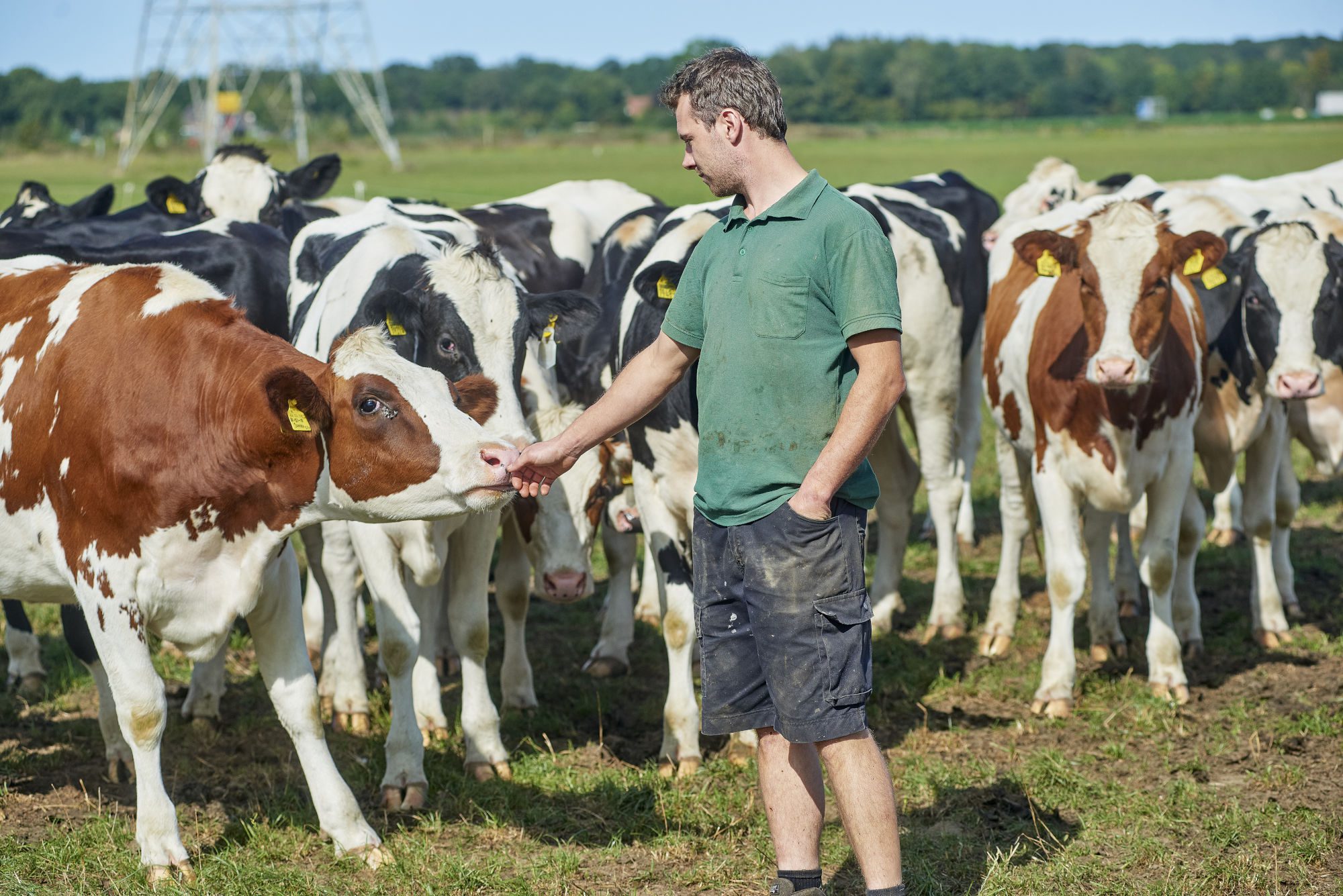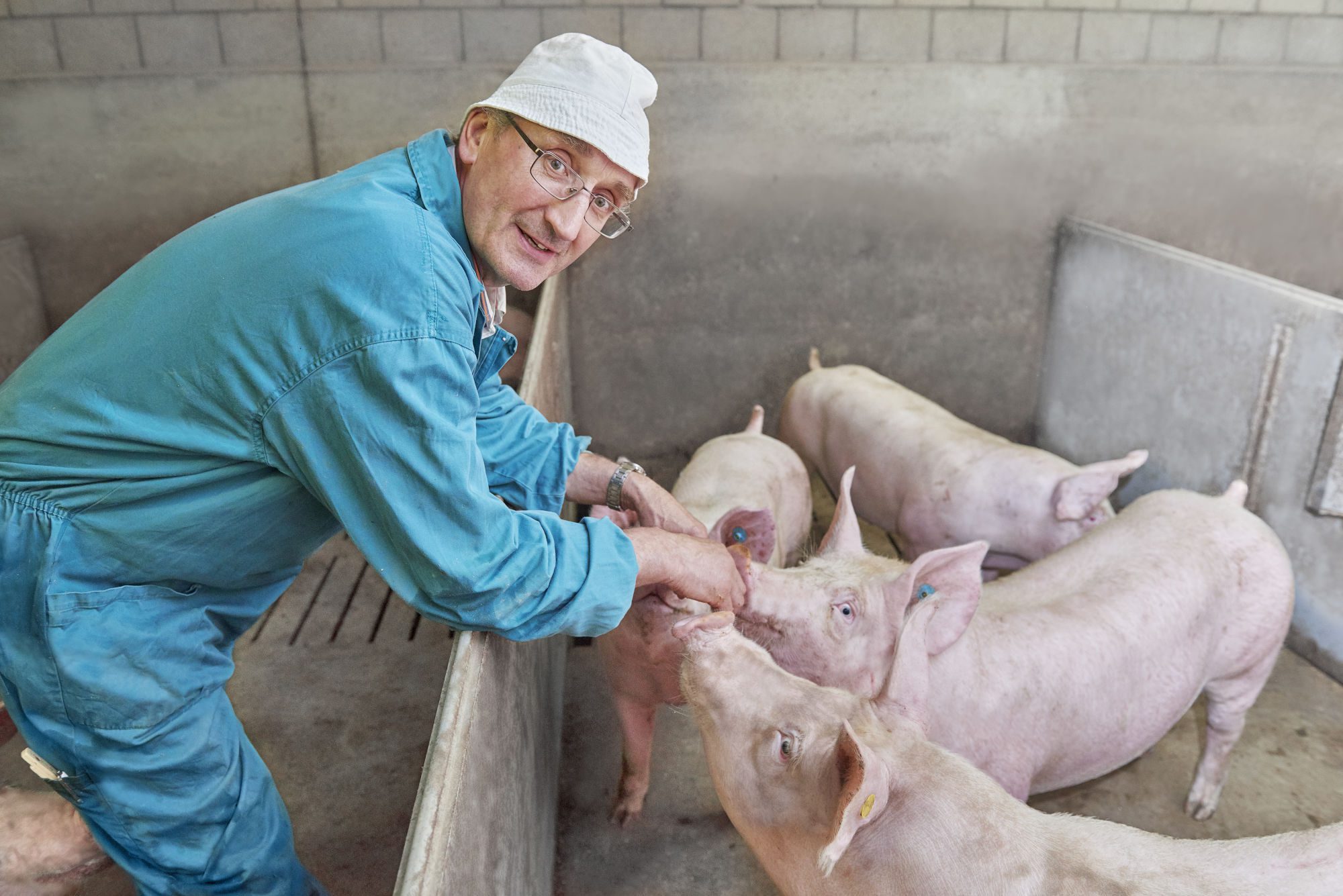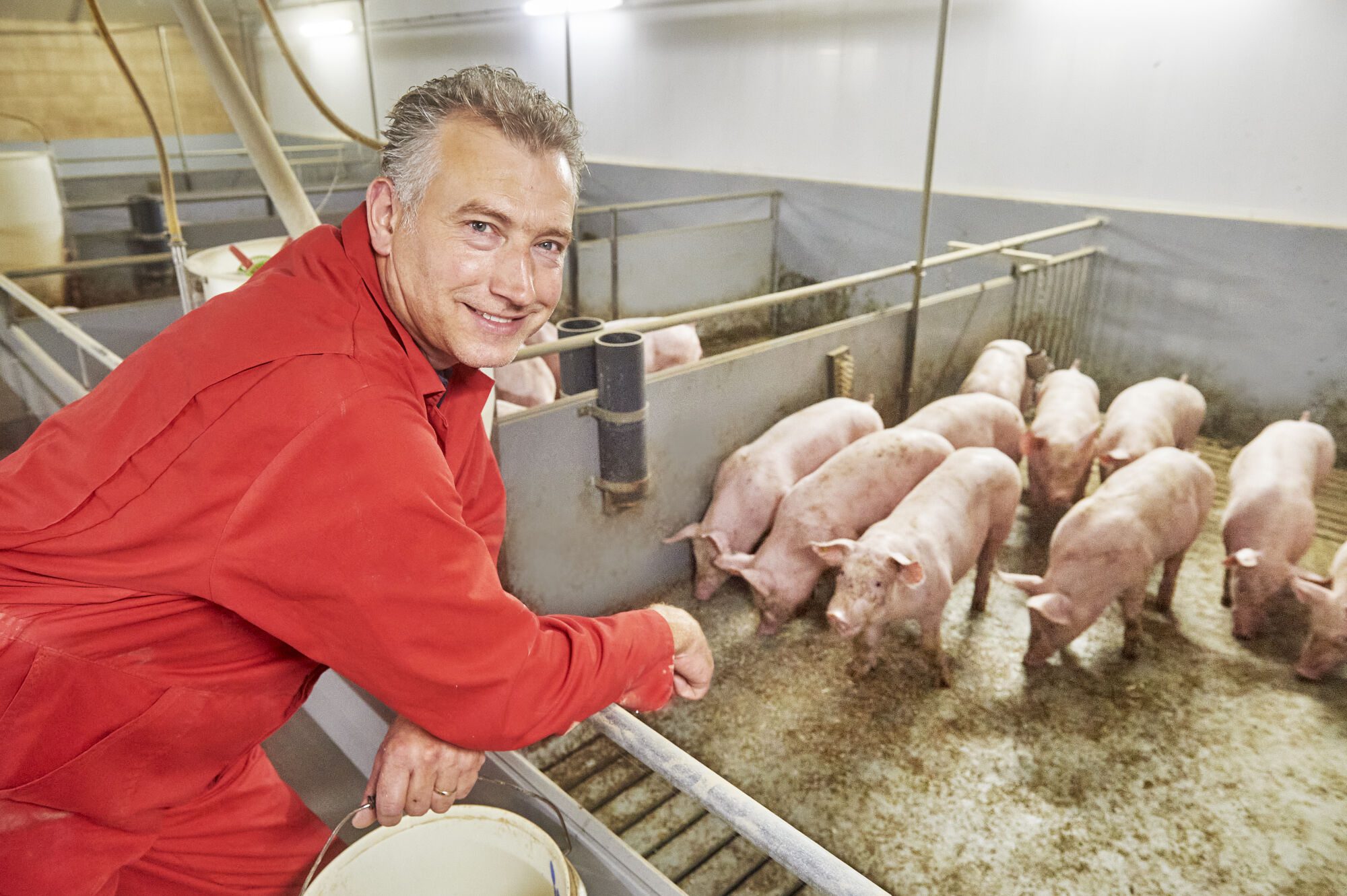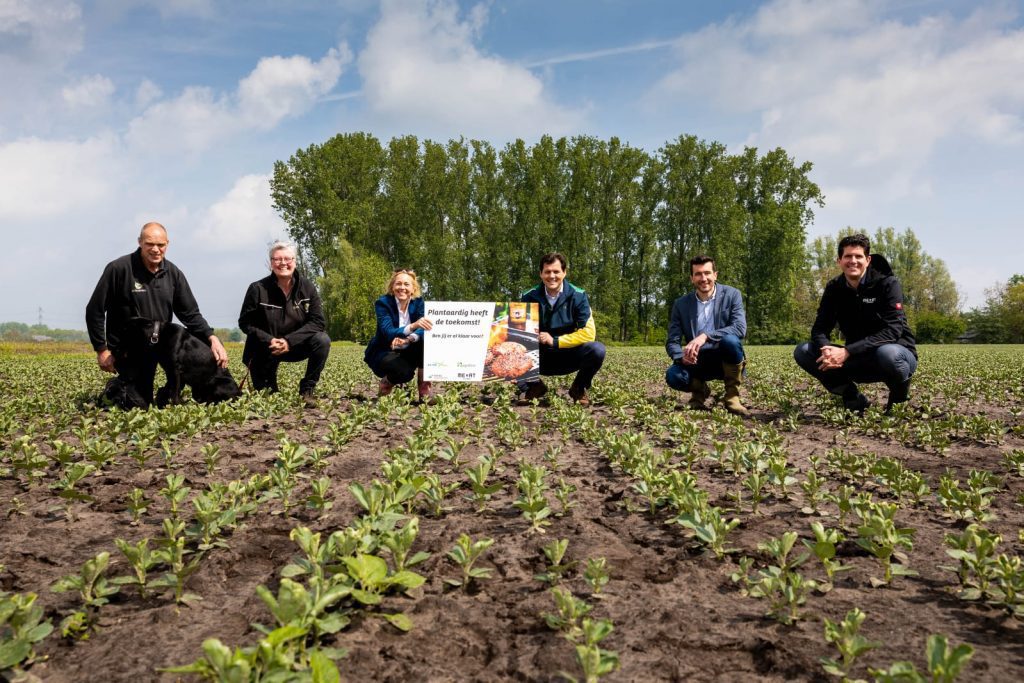The whole of the Netherlands is talking about home-grown protein substitutes. In Best (North Brabant, the Netherlands) it is happening. There, the first two of the thirty hectares of field beans for plant-based meat substitutes were ceremoniously sown yesterday. The field trial focuses on a short supply chain that contributes to the protein transition. From farm to fork and from field bean to meat substitute, knowledge and technology are shared.
The market demand for plant-based proteins is growing, but the raw materials, such as soya, often come from outside the Netherlands. Practice shows that obtaining more plant-based proteins from Dutch soil is not that easy. That is why a unique consortium of Agrifirm, ZLTO, Herba Ingredients and ME-AT have taken up this challenge. Together, they want to contribute to the plant-based protein transition towards a sustainable food chain for future generations. This year, 30 hectares will be sown. The area is expected to grow to 1,000 hectares of field beans in just five years.
Complete picture
A new crop needs time. In the coming months, more field trials will germinate on Dutch fields. Field beans will be sown on different soil types and within different cultivation plans. Farmers are being encouraged and guided to successfully cultivate field beans. Meanwhile, better field bean varieties are becoming available. The bitter bean taste is being reduced to better suit market demands. Kristof Pittery (director of Herba Ingredients) has been involved from the very beginning: “We are convinced that this forgotten crop will play an important role in providing our own sources of protein and thus helping to reduce our carbon footprint.”
After harvesting and optimal storage, the proteins are extracted naturally from the beans and processed into tasty plant-based meat substitutes. These are then processed into tasty ME-AT plant-based meat substitutes to end up in the supermarkets. Finally, it is considered how the residual flows of the field bean can be optimally valorised. In short, nothing is left to chance. “All partners share knowledge and expertise with each other in order to work on a 100% Dutch origin meat replacement, such as plant-based sausages, mince and burgers. The ambition is to have the first products on in the shops in 2022. All this with an eye for the origin of the field bean and the story of the grower, produced in the shortest possible supply chain. All in all, this is a great challenge to sink our teeth into,” says Cranenbroek.
Circular agriculture
The cultivation of field beans is in line with the aim of creating natural closed circles on farmers’ fields and therefore fits within our strategy of Building Balanced Chains (BBC). Field beans collect nitrogen from the air and deposit it in the soil as organic matter. Field beans are therefore interesting for crop rotation. This is because the crop grown after the beans on the same land needs less (artificial) fertiliser due to the extra nitrogen available in the soil. Another aspect is that regional protein cultivation is an alternative to importing soya and benefits the transition to a higher proportion of plant-based protein in human food. As Kathleen Goense (general director of ZLTO) says, “If someone chooses meat replacements, it is only 100% sustainable if the proteins used are actually from home soil. That sounds nice, but takes years of pioneering before it arrives on the plate.”
